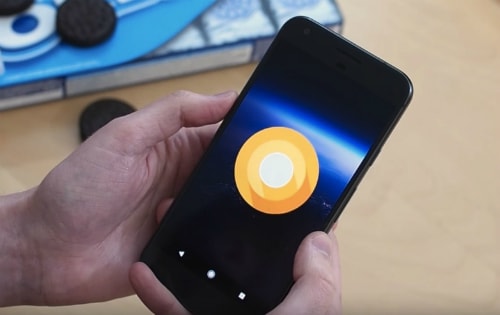Google secretly tracks Android users' locations
Even if users have turned off location services, all activities and movements are still recorded by Google's system.
According to an investigation by Quartz, even when location services are actively turned off, Android phones still secretly collect location data and send it back to Google as soon as they connect to the internet. This happens even when users are only using Wi-Fi and do not even have a SIM card installed in the device.
This data collection behavior was recorded to have started happening since the beginning of 2017 and Google was the unit behind collecting all the private data about location and activities. This is considered to have invaded the privacy of users.

In response to questions, a Google representative acknowledged the practice and called the information collected "Cell ID". Unlike the Location Services feature that requires GPS to be activated to determine the phone's location, Cell ID cannot log any coordinates. It operates and is implemented in a "routing protocol message" style. The reason given is to "improve the speed and efficiency of message delivery".
"In January of this year, we began looking into using Cell ID as an additional signal to improve the speed and performance of message delivery. However, we never incorporated it into our network synchronization system, so the data was removed immediately. We have also made an update so that the system no longer requires Cell ID," said a Google spokesperson.
Previously, Google did not give any notice to users about this issue. Although the company said it did not share data with any party, many users were concerned that in case their Android phone was attacked, hackers could still touch this data stream and use it for illegal purposes.
This information could also allow advertisers to better target customers, which is clearly an approach with commercial value. For example, a company could know if a person holding an Android phone or running Google apps had visited a particular store, and then show them specific ads.
"It's quite strange that users don't have a choice," said Matthew Hickey, a security expert and researcher at Hacker House, a London-based security company. "It seems like Google is getting too deep into personal information when this happens even when the phone doesn't have a SIM card or the service isn't activated."
“You can imagine a lot of situations where this highly sensitive information would put people at risk,” said Bill Budington, a software engineer with the Electronic Frontier Foundation, a nonprofit that advocates for digital privacy.
According to VNE
| RELATED NEWS |
|---|

